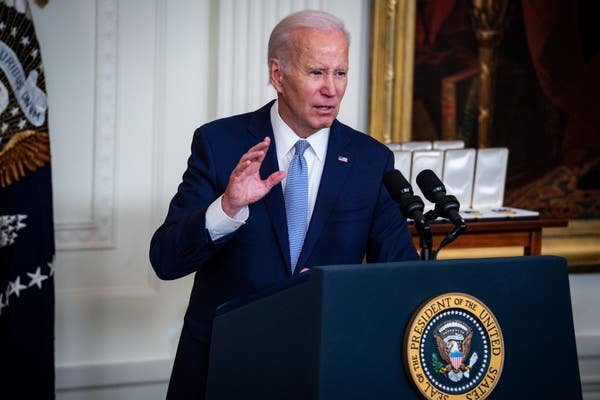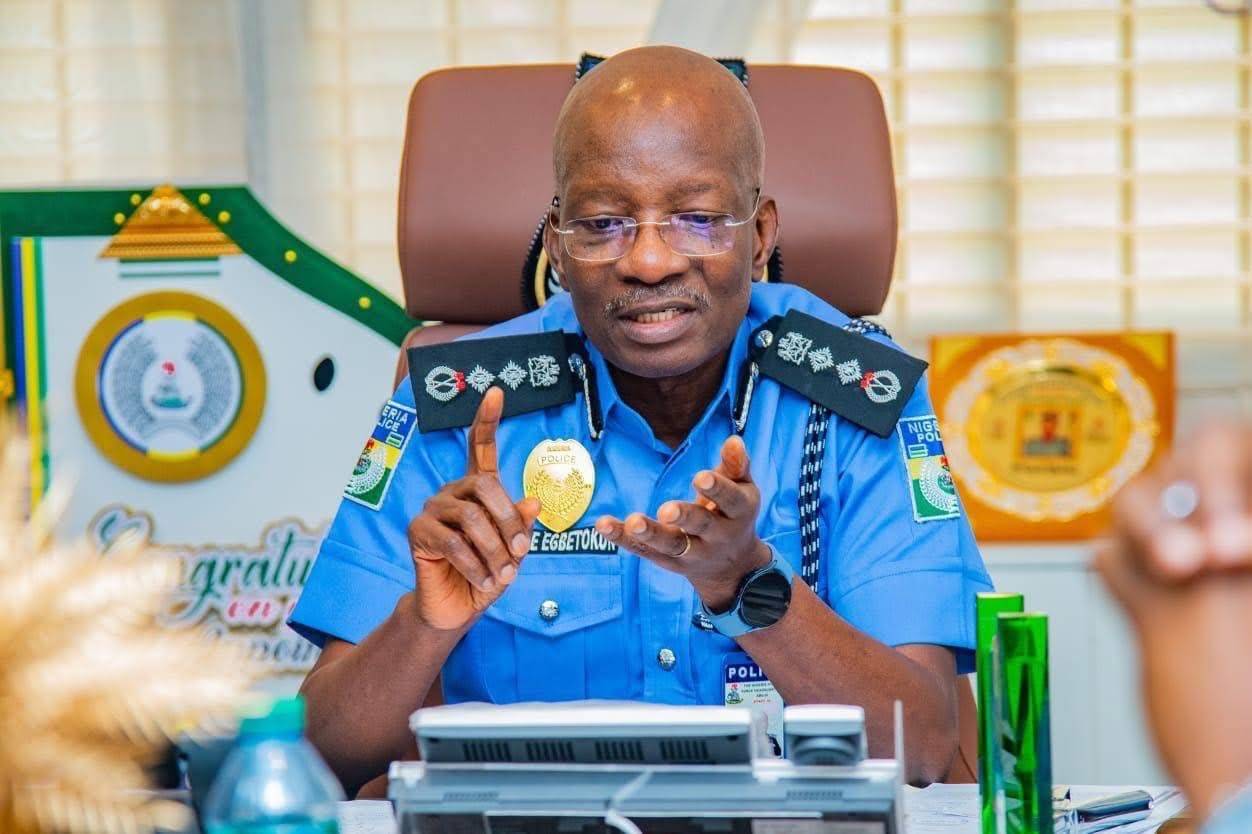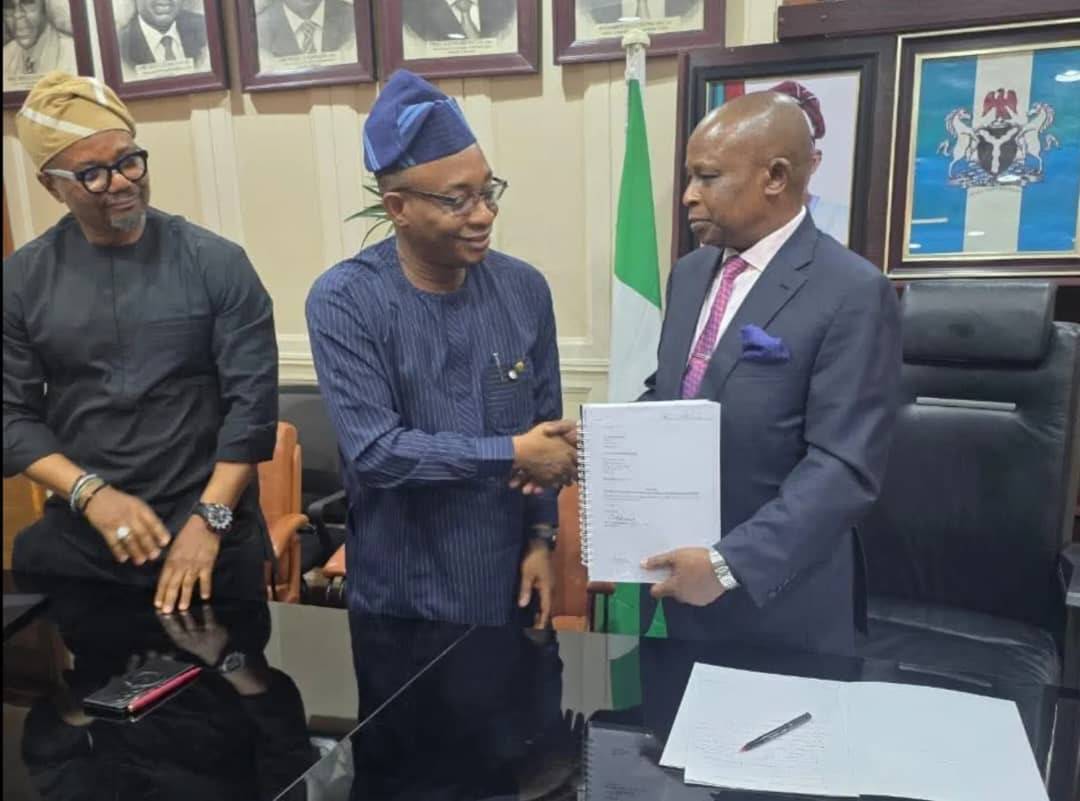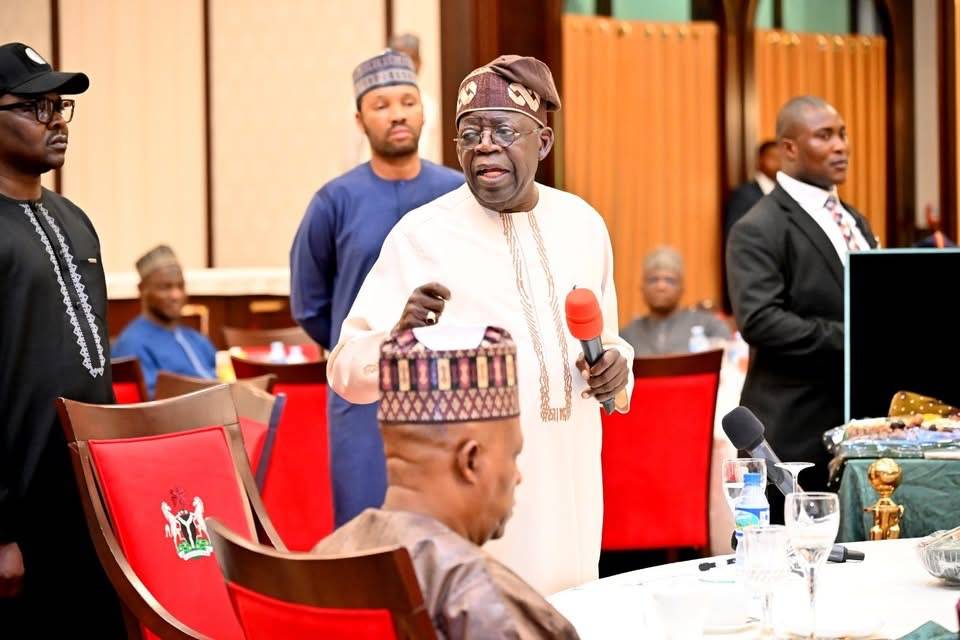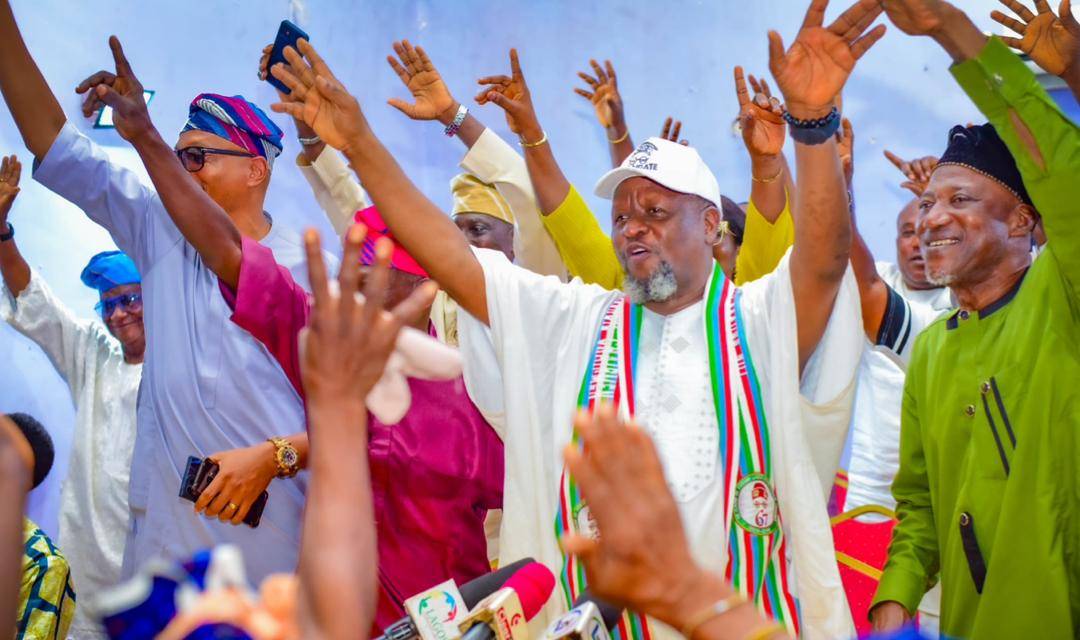President Biden’s lawyers discovered “a small number” of classified documents in his former office at a Washington think tank last fall, the White House said on Monday, prompting the Justice Department to review the situation to determine how to proceed.
The documents, which date to Mr. Biden’s time as vice president, were found by his personal lawyers on Nov. 2 when they were packing files at an office at the Penn Biden Center for Diplomacy and Global Engagement, according to the White House. Officials did not describe what kind of information the documents included or their level of classification.
The White House said in a statement that the White House Counsel’s Office notified the National Archives and Records Administration on the same day the documents were found and that they were turned over the following day. The discovery was not in response to any prior request from the archives, nor is there any indication that Mr. Biden or his team resisted efforts to recover these or any other sensitive documents.
Senior Justice Department officials have assigned John R. Lausch Jr., the U.S. attorney in Chicago who was appointed by former President Donald J. Trump, to look into the matter, according to two people familiar with the decision, confirming a CBS News report. The White House statement said that it “is cooperating” with the department.
Mr. Trump, who is under criminal investigation for taking hundreds of classified documents when he left the White House and failing to return all of them even after being subpoenaed by the government, jumped on the news. “When is the FBI going to raid the many houses of Joe Biden, perhaps even the White House?” he wrote on his social media platform Truth Social. “These documents were definitely not declassified.”
The latter line in Mr. Trump’s statement appeared to refer to his disputed claim in public that before leaving office, he declassified all the documents the F.B.I. found at his Mar-a-Lago estate in Florida. No credible evidence has emerged to support that claim, and his lawyers have resisted repeating it in court, where there are professional consequences for lying. In any case, the potential charges the F.B.I. cited in the search warrant affidavit do not depend on whether intentionally mishandled documents were classified.
But while Mr. Trump tried to suggest a parallel, the circumstances of the Biden discovery as described so far are significantly different. Unlike Mr. Trump, Mr. Biden was not under review for his handling of documents nor did he refuse to turn them over, according to the White House statement. By promptly revealing the discovery to the archives and returning them within a day, Mr. Biden made no known effort to resist the proper disposition of the papers.
“The documents were not the subject of any previous request or inquiry by the archives,” Richard Sauber, a special White House counsel, wrote in the statement. “Since that discovery, the president’s personal attorneys have cooperated with the archives and the Department of Justice in a process to ensure that any Obama-Biden administration documents are appropriately in the possession of the archives.”
By contrast, in 2021 the archives repeatedly asked Mr. Trump to turn over large numbers of documents it determined were missing. He put them off for months, then allowed them to take 15 boxes of material in early 2022, including scores of classified documents, but it was later discovered that he kept more.
Eventually, the Justice Department obtained a grand jury subpoena for documents with classification markings remaining in Mr. Trump’s possession, and a lawyer for Mr. Trump turned over several more and told the department there were none left. But an August search by the F.B.I. found 103 more marked as classified — along with thousands of other official records.
The search warrant affidavit that the Justice Department submitted suggested that Mr. Trump was under investigation for obstruction, along with possible violations of the Espionage Act, which criminalizes the willful retention of national security documents and failure “to deliver them on demand” to a government official entitled to take custody of them.
Still, whatever the legal questions, as a matter of political reality, the discovery will make the optics of the Justice Department potentially charging Mr. Trump over his handling of the documents more difficult. Attorney General Merrick B. Garland has assigned that investigation, along with one into Mr. Trump’s efforts to overturn the 2020 election results and the Jan. 6 attack on Congress, to Jack Smith, serving as a special counsel.
Mr. Lausch, one of two U.S. attorneys held over from the Trump administration, has been reviewing the matter since early November, according to a person familiar with the situation.
The department’s leadership decided to make the unusual choice of assigning the case outside the jurisdictions involved because Mr. Lausch was a Republican appointee and his work would be likely to be seen as impartial, the person said.
Mr. Lausch was kept in office at the request of the two Democratic senators from Illinois, Richard J. Durbin and Tammy Duckworth, because he was investigating Michael J. Madigan, the former speaker of the Illinois House of Representatives, during the presidential transition in 2021. In March, a federal grand jury indicted Mr. Madigan, a Democrat, on 22 counts of racketeering and corruption charges.
A department spokesman had no comment on the matter, and would not say whether the national security division, which has spearheaded the investigation into Mr. Trump’s retention of documents at his Florida residence and resort, was also involved.
With Mr. Lausch investigating Mr. Biden’s handling of classified information, and David Weiss, the U.S. attorney in Delaware, investigating the president’s son, Hunter Biden, both Trump U.S. attorneys who have remained at the department are now investigating the Biden family.
Culled From The New York Time


